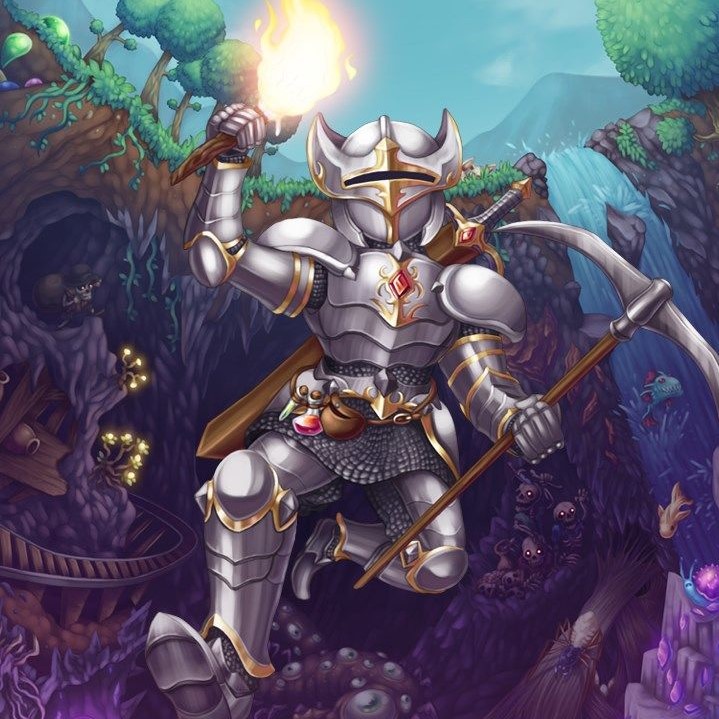The phrase “the cure is worse than the disease” is often an exaggeration, but it’s certainly true that few serious conditions have a smooth, easy fix. There are often complications and hardships one must endure, and to those inflicted with a major medical problem, one of the hardest ideas to come to terms with is that they will never truly be normal again. Even if your condition can be treated, it leaves its mark in some way or another- a weaker immune system, a susceptibility to relapse, or some other danger. Whatever doesn’t kill you, usually makes you weaker.
This isn’t intellectual spitballing, either- I have firsthand experience. Almost two years ago now, I was diagnosed with End Stage Renal Disease: a complete shutdown of my kidneys. The disease, untreated, is a death sentence, so the “cure” of dialysis and eventual kidney transplant is certainly not worse… but the downsides are many. Numerous medications, a specific diet, ten hours a day hooked up to a machine that cleans my blood, and even then I’m not as strong, durable, or energetic as a normal person. Once I get a transplant, I’ll be stronger still, but even with a successful transplant my kidney function will still be less than half that of a normal person, with other complications besides.
Video games are my passion, and I’ve always looked to them for inspiration. In a world where so much bad can happen, and so much is out of your control, video games have an overwhelmingly positive message. In a game, there is always a way to come out on top, there is always a path to success. Life isn’t quite so simple, but for a kid with depression it was a very helpful suggestion: if you try hard, you’ll figure something out. In practice, that simple message has proven true. I can’t say I’ve always been a success in my life- I’ve certainly screwed up plenty- but when my back has been to the wall, there’s always been a way, whether through my own tenacity or by the unending kindness of others.

Enter Deus Ex: Human Revolution. Though it was released half a year before my diagnosis, I’d played through it at launch and not really gotten any deeper meaning out of it than a fun, interesting game. That changed when I was getting transplant education at a hospital, and began to hear eerie echoes of the game in the voices of medical consultants. “You’ll never be totally normal again,” “It will take several months to recover from surgery,” and most hauntingly, “You need to take this medication every day for the rest of your life, or your body will reject the transplant.” Statements I’d heard in Deus Ex whispered by the dejected survivors of cybernetic augmentation.
The most quoted phrase to come out of Human Revolution was “I never asked for this,” and though it’s often parroted in jest, it’s a perfect representation of the problems the game addresses. No one ever asks for disease, and rarely are we content with the cure. We want a solution to our problems that wraps everything up with a little bow, but there are always scars, and there are always lingering problems. The protagonist, Adam Jensen, tries to be a hero and save his ex-girlfriend and dozens of innocents from a bunch of attackers, and gets a broken body for his troubles. He wakes up in a body barely recognizable as his own, his shattered form held together with cybernetics added without his consent.

Like me, though, Adam is actually one of the lucky ones. He has his expenses paid for, he has his job, and he shows no signs of rejection, meaning he doesn’t have to take the special anti-rejection medication everyone else does. He’s an idealized version of transplant, but those around him are not so fortunate. All around him, you see cyborgs made homeless by the cost of their treatment, begging for the drugs they need to survive. The parallels are astonishing, to the point that it can’t be called coincidence. Someone involved with the creation of this story had a very personal, and likely very grim, encounter with the realities of transplant.
It isn’t a new thing for games to tell surprisingly personal stories. Vander Caballero’s Papo & Yo told the tale of his experiences dealing with an alcoholic father, and resonated deeply with the audience and with journalists who followed up to ask Caballero about his experiences. And while it’s never been stated on the record, it doesn’t take much of a leap of logic to determine that Catherine, a game about the stress of relationships and the pressure to settle down, was inspired by the life experiences of the young male Japanese designers that built it.
So why did Deus Ex: Human Revolution go by without comment? The lead writer of the game has even done interviews with press, and the game’s message never came up. I haven’t seen any articles about the message, or any discussion of it. I don’t have a good answer for this. For my part, though, it was something to draw strength from. A reminder that in the hardest times, with the greatest challenges, a human being can rise to the challenge. I only hope that others were able to see that message- some of the many not as fortunate as myself, fighting their disease with no support or friends beside them.


